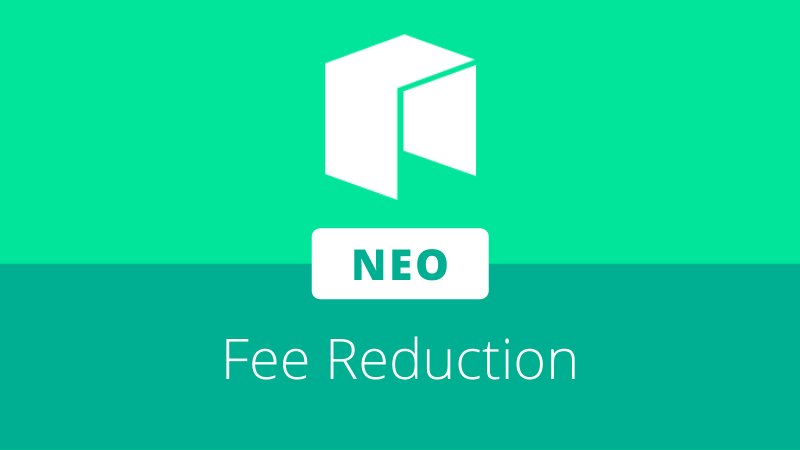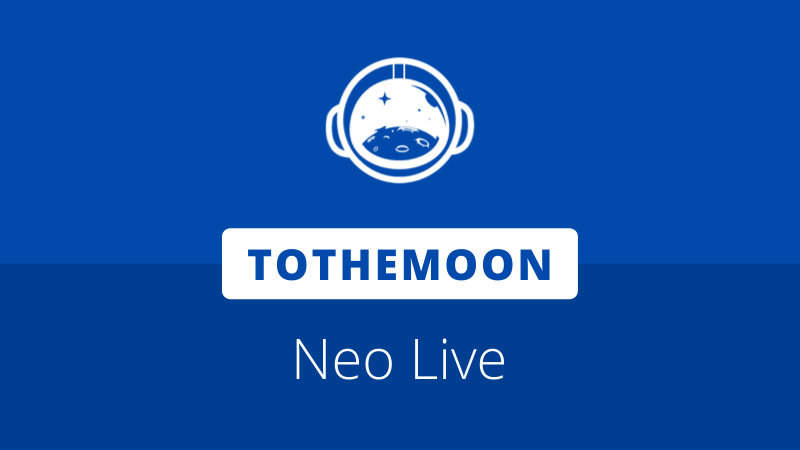
The Neo Council has performed its first action on the Neo N3 MainNet by slashing network and system fees by 80%. The change makes typical transactions on Neo N3 much more affordable and makes the blockchain competitively priced against other Layer 1 and even L2 networks.
In N3, the Neo network uses a new pricing system that allows the various system calls, VM instructions, and other fees to be scaled proportionally with each other via a single base factor. Network fees are scaled using a fee per byte parameter, while system fees are adjusted through the execution fee and storage fee factors.
New fee changes
Different transactions are affected in different ways by these values, based on numerous things such as the actual transaction size in bytes, the amount of contract storage used, and the complexity of the logic in the execution script. Every transaction on the network will experience at least some form of fee reduction as a result of the changes, though some more than others.
The new network settings have been changed as follows:
- Execution fee factor: 15 -> 3
- Storage fee factor: 50,000 -> 10,000
- Network fee per byte: 0.00000500 -> 0.00000100
Before the changes, a GAS transfer would cost approximately US $0.56, and a simple NFT mint using the GhostMarket Python template would cost $2.91. After the change, the former will cost approximately $0.12, and the same NFT mint costs $0.59. This makes transferring tokens on Neo N3 even cheaper than Ethereum Layer 2 solutions.
Other non-standard fees, such as the minimum contract deployment fee, candidate registration fee, and Oracle request fee have not been changed at this time. These may be evaluated in a future proposal.
Signing process
In its current form, the Neo Council operates primarily off-chain. A communication channel is maintained between current council members, where governance proposals can be discussed, formalized, and put to a vote to determine consensus.
For a change to the network settings to become part of the blockchain and influence future blocks, the council must work together to produce a multisig transaction. This transaction is only valid if it has signatures from a majority of council members, meaning at least 11 out of 21 signatures.
The conversation to reduce N3 MainNet fees was started by Neo News Today representatives following observation of the current cost to use the new network. Various members from other community-run council nodes quickly contributed their own perspectives on the matter.
Participants included those from AxLabs, COZ, Nash, Switcheo, and NEXT, who voiced favor for more substantial cuts. Neo SPCC and NGD also contributed to discussions, both championing a conservative approach for initial reductions. Everstake joined the two by voting for a smaller fee change.
After proposing numbers, members of the Neo Council voted internally to determine the final adjustments to make. Results from the collected votes showed a strong leaning towards aggressive fee reductions, intended to make Neo competitive against other L1 networks and encourage its ecosystem growth.
In the end, a full reduction to ⅕ of the previous values for execution fee factor, storage fee factor, and network fee per byte was agreed.
The Council began the multisig signing process. Three partial invocations were created by NGD—one to adjust each of the three fee parameters—and council members sequentially added their own signatures to each invocation. By the end, the three completed transactions included verified signatures of 11 council members, represented in the form of a single multisig account:
0x3c9b57b319361355d78b41d38c9717ba47c19b19f81ea7a54c1eee72f31976ac
0x52ab01416fdf6a673bfc9492d3445d27b401a81ee5c7228a18254a5b467c7c28
0x70dae6f1eb3829da1884085e69ce20120194d489aa896a0a1ceeb15771b83d0f
Now viable transactions for representing the current Neo Council, these completed transactions were relayed to the network and written to the blockchain. In blocks 233137, 233140, 233142, the transactions were committed into the ledger, updating the relevant network settings for future blocks.
About the Neo Council
The Neo Council is comprised of 21 member nodes tasked with governing the Neo N3 blockchain. NEO holders can use their tokens to vote in preferred council members. Successfully voting for a council member also entitles NEO holders to increased GAS rewards.
The current Neo Council and network parameters can be found at the below link:
https://governance.neo.org/







About The Author: Brett Rhodes
Brett is a blockchain enthusiast and freelance writer who originally began producing content for the gaming & eSports industries. Now he spends most of his time contributing in the Neo ecosystem.
More posts by Brett Rhodes